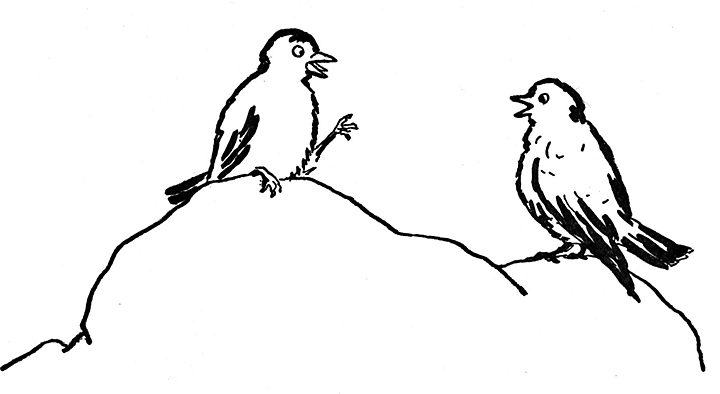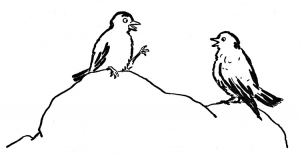
“The sole purpose of human existence is to kindle a light in the darkness of mere being.” Carl Yung
 I just finished reading an enlightening article on a website for teachers called Teachervision that talks about the types of questions teachers should engage students in to help create higher levels of thinking. These questions also hold the student’s interest in the lesson being taught.
I just finished reading an enlightening article on a website for teachers called Teachervision that talks about the types of questions teachers should engage students in to help create higher levels of thinking. These questions also hold the student’s interest in the lesson being taught.
Regardless of whether these questions are presented to a student in a classroom or to adults that take part in a discussion group we can all take a lesson from these question categories. The categories are listed as:
1- Knowledge: This type of questioning uses words like who, what, name, list, define
2- Comprehension: This type of questioning uses words like explain, outline, discuss, compare
3- Application: This type of questioning uses words like choose, interpret, apply, demonstrate
4- Analysis: This type of questioning uses words like simplify, survey, distinguish, state why
5- Synthesis: This type of questioning uses words like construct, create, produce, plan
6- Evaluation: This type of questioning uses words like criticize, rate, evaluate, assess
In my coaching practice I have found that the best types of questions are those that allow for my client to synthesize and evaluate. ( In very calculated and powerful moments I will present the concept of analyzing.)
These 2 types of question categories allow for creative inner flow. It puts the control in the hands of my client so that when awareness is achieved the feeling that goes along with the awareness is very strong and imprinted on the heart and soul. No answer is given by memorization or rote. Answers are given based on personal experiences, feelings, intuition, and creativity. The awareness and answers to the questions come from the heart; the answers are unique as unique as the individual and you just can’t get more authentic than that.
Very often I will pose questions to you, my readers that ask you to think about your own beliefs, ideas, or solutions to obstacles. Questions such as:
1) How do you interpret happiness?
2) What possibilities did you explore today?
3) How will you create a to-do list that leaves you satisfied and energized at the end of the day?
“There will also be times when you share life as if soul to soul. It’s those moments that need to grow and become your focus in being together.”— Deepak Chopra
Imagine for a moment, instead of asking our children at the end of their day, “How was your day?”, we ask a question like, “Create a mental picture for me of what your math class did today” or “What was the best part of your day today” and then follow it up with a resounding “why”.
These questions create space for thought and evaluation and put the child in a place where they can resolve hidden obstacles by talking about something specific out loud or re-engage in what was exciting for them in that moment of their day.
For adults that find themselves in a group situation and feel unprepared as to how to start a conversation, remembering that people always want to know you are interested in them makes your approach that much softer when thinking about entering into conversation. You can use these question techniques to help you. Notice the question starter word. These questions ask for answer that is deeper than a YES or NO:
1) If you had to write your own personal definition of the word “Success”, what would it be?*
2) Which of your birthdays do you remember anticipating with the greatest amount of enthusiasm?*
3) When was the last time you laughed so hard that you cried?*
4) What is your biggest pet peeve?*
5) On a scale of one to ten how superstitious are you?*
Validation toward another human being has no higher calling than when we purposefully engage each other in conversation. Taking an interest, asking fun and interesting questions allows for personal discovery of the person you are speaking with as well as ourselves. Validation and worthiness allows a portion of each person’s story to be told and heard. It says, “You matter to me.”
“We are all worthy of each other.” Edward P. Jones
How do you engage someone in meaningful, worthy conversation? What have you learned about that person and/or about yourself as a result? Do you think that using these question techniques will empower you to create more engaging conversation? I’d love to hear your thoughts……
*Chatbox by www.thequestionguys.com